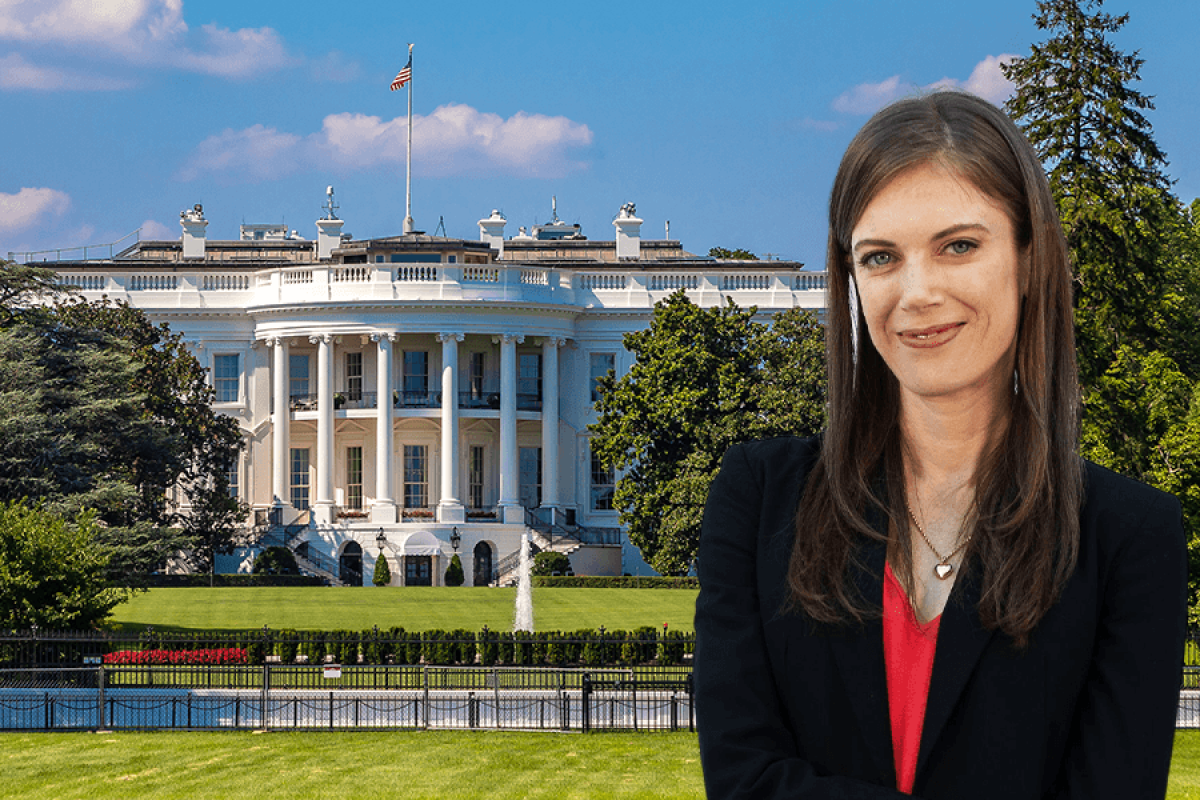From supplying net-zero electricity to tackling emissions from transportation, agriculture and heavy industry – President Biden’s goal to achieve a 50-52 percent drop in U.S. greenhouse gas pollution by 2030 (compared with 2005 levels) is undeniably ambitious.
The team at the White House Office of Science and Technology Policy (OSTP) is tasked with creating bold visions, unified strategies and effective, equitable programs for science and technology. The office provides advice to the President, federal departments and Congress, and engages with industry, other government agencies and academia.
Among the newest members of the office is Kelly Sanders, Dr. Teh Fu Yen Early Career Chair and associate professor in the USC Sonny Astani Department of Civil & Environmental Engineering, who has been appointed as the assistant director for energy systems innovation within OSTP’s Industrial Innovation team.
Sanders will apply her in-depth knowledge of energy systems to advance the government’s clean energy and economic priorities. She is working to accelerate the adoption of emerging technologies that can facilitate the nation’s ambitious decarbonization goals.
It’s a daunting task, but nothing Sanders isn’t prepared for. Named in MIT Technology Review’s “35 Innovators Under 35” for her contributions to the energy field, recognized with an NSF Early CAREER award and regularly called upon by national media outlets to advise on current energy and climate issues, Sanders is something of an academic wunderkind. Back in her hometown of Washington D.C., she’s now working at the nexus of national policy.
We caught up with Sanders to chat about her duties, goals and what she loves about being a systems thinker; for Sanders, a connected world is a source of infinite fascination and potential for problem-solving.
